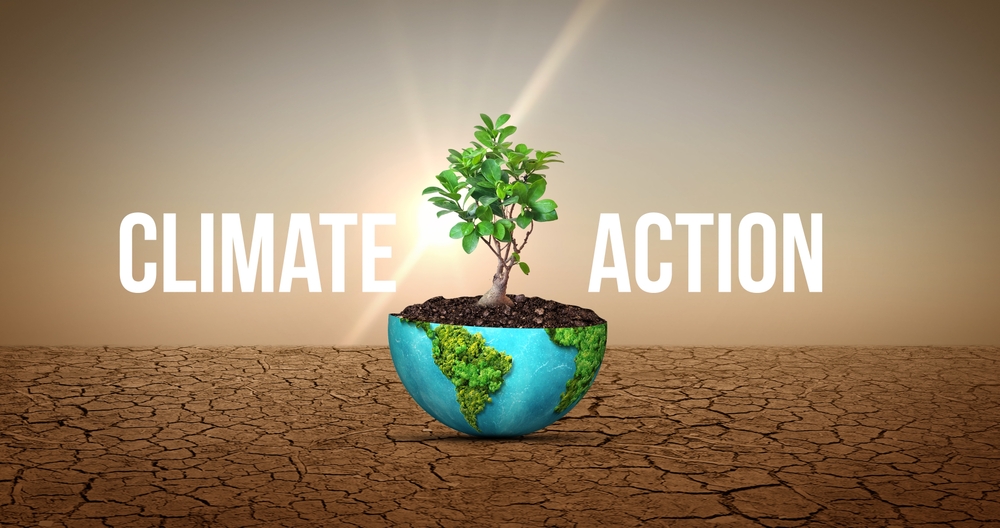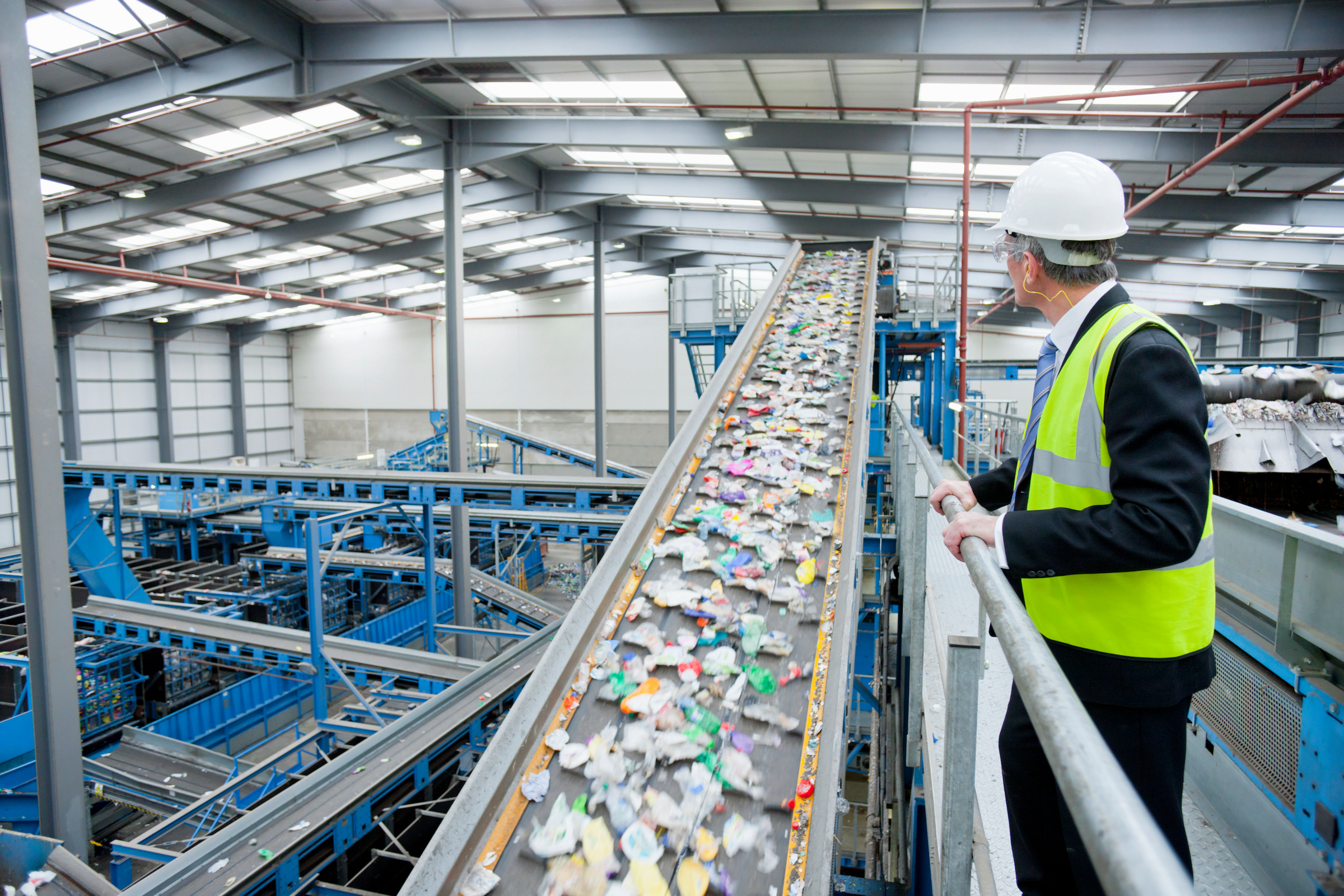Pessimism is Out

I’m really into the message in this video. Pessimism is a downer.
Don’t let that voice in your head tell you that your choosing Rainforest Alliance Certified products, or switching off of single use plastic containers in your home, doesn’t make a difference. You’re not just one person making this change. You are part of an entire world of people who care.
Bike to work, or walk, or take public transit. Look around you to see how many others are doing it too. If a car is a necessity in your life, as it is for most of us, make your next one a hybrid or electric. You won’t be alone. Electric vehicles made up just under 10 percent of new car sales globally in 2021, but in 2020 it was 4 percent, and the year before that, it was 2.5. It won’t be long until EVs dominate the car market.
The world is changing fast around us, and those leaning in to action and to optimism are helping to create that change. Hannah Ritchie, the lead researcher for Our World in Data, an organization that aims to make data on the world’s biggest problems accessible and understandable, points to a long list of positive impacts that our collective actions are bringing about:
“The prices of solar and wind power, as well as of batteries for storing low-carbon energy, have all plunged. Global deforestation peaked decades ago and has been slowly declining. Sales of new gas and diesel cars are now falling. Coal is starting to die in many countries. Government commitments are getting closer to limiting global warming to 2°C. Deaths from natural disasters — despite what news about climate change-related fires and hurricanes might appear to suggest — are a fraction of what they used to be.”
There is also a lot of good news coming out thanks to the Inflation Reduction Act, the Bipartisan Infrastructure Law and the CHIPS and Science Act. These US laws are infusing hundreds of billions of dollars to train workers to build the electricity infrastructure required to achieve net-zero targets, retrain workers displaced from the fossil fuel sector, and bring climate justice to places where good jobs have never existed. In November 2023, the White House issued the fifth national climate assessment, which showed a decline in U.S. greenhouse gas emissions despite the growth of the population and of the economy. The White House statement attributes this decline to efforts to mitigate emissions and the increasingly available low-emissions options. In the last decade, it noted, wind energy costs dropped 70% and solar energy costs dropped 90%.
Even plane travel is changing for the better. Aviation is the third-largest source of carbon pollution in transportation, and one of the most difficult to decarbonize. But efforts are afoot to develop sustainable aviation fuels (SAF), battery-powered aircraft for short trips, electrified ground equipment, and energy efficiency measures. In fact, United took the first 100% SAF-fueled passenger flight in 2021, the first all-electric plane took flight in 2022, and in early 2023 NY’s JFK Airport broke ground on a new terminal that will be powered by a rooftop solar micro-grid.
But though we may be “in the midst of an unstoppable transformation of how we power everything” as podcaster Assaad Razzouk describes here, Hannah Ritchie, the University of Oxford researcher at Our World in Data, cautions against complacency. We must hold two truths in our head at once, that while we can and have made incredible progress on complex societal problems, we must remain dissatisfied that we haven’t made more and be honest about the areas where things haven’t been going well. Case in point: We’ve reduced global child mortality to below 4 percent, but 5 million children under age 5 still die every year, most of them from preventable conditions like malaria, measles, and diarrheal diseases.
Global carbon emissions are still rising. This is the bad news. But many of the underlying factors that determine emissions — like the growth of low-carbon energy and the emissions of wealthy countries — are changing quickly. If we continue to lean in on action, we could soon reach a tipping point when, according to the International Energy Agency, these changes cause emissions to peak and decline.
So look around you. Look at all the people who like you are empowered with optimism and making choices in their homes and lives that move us all toward a better world.


